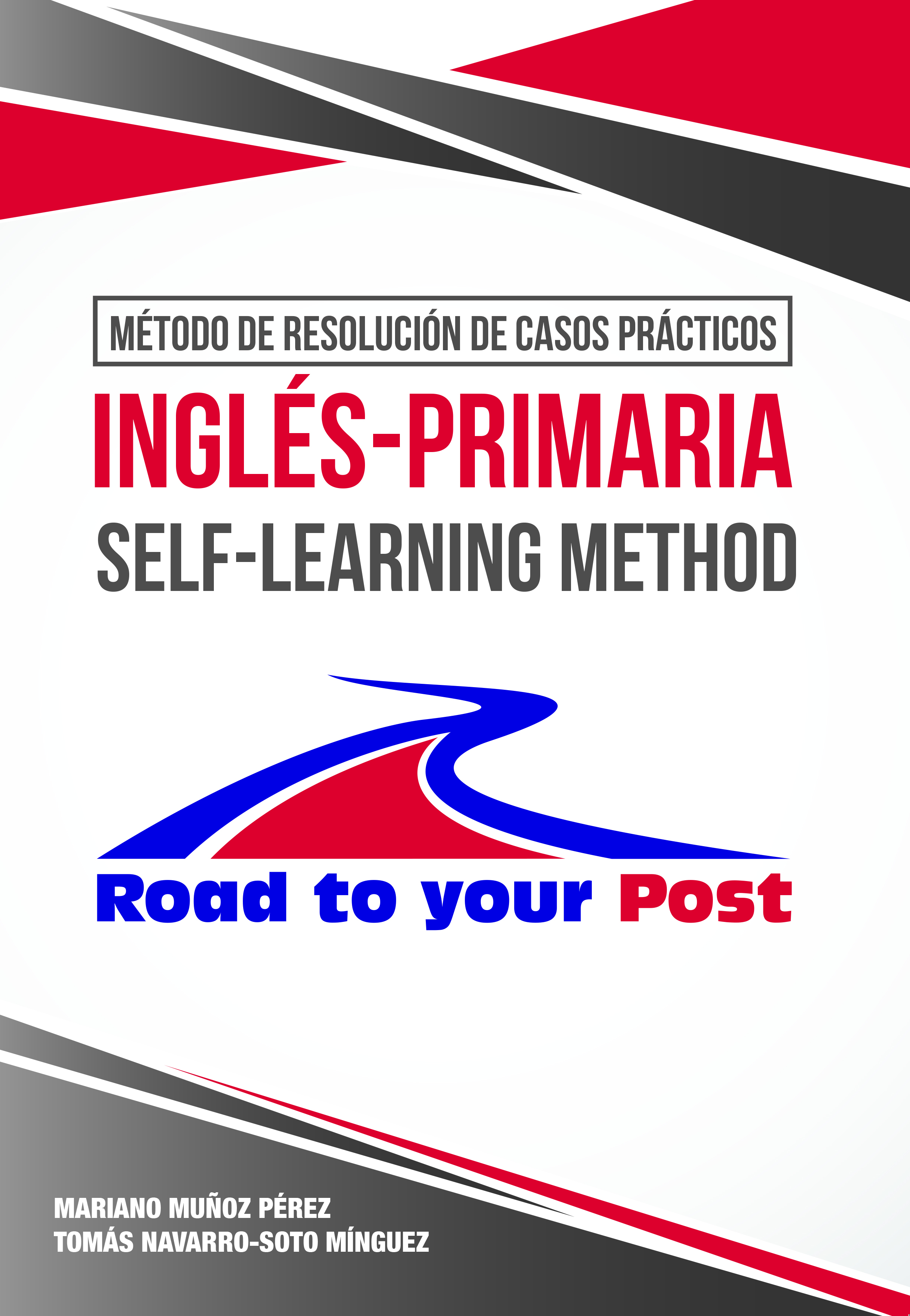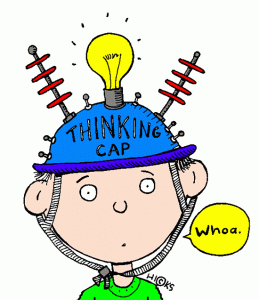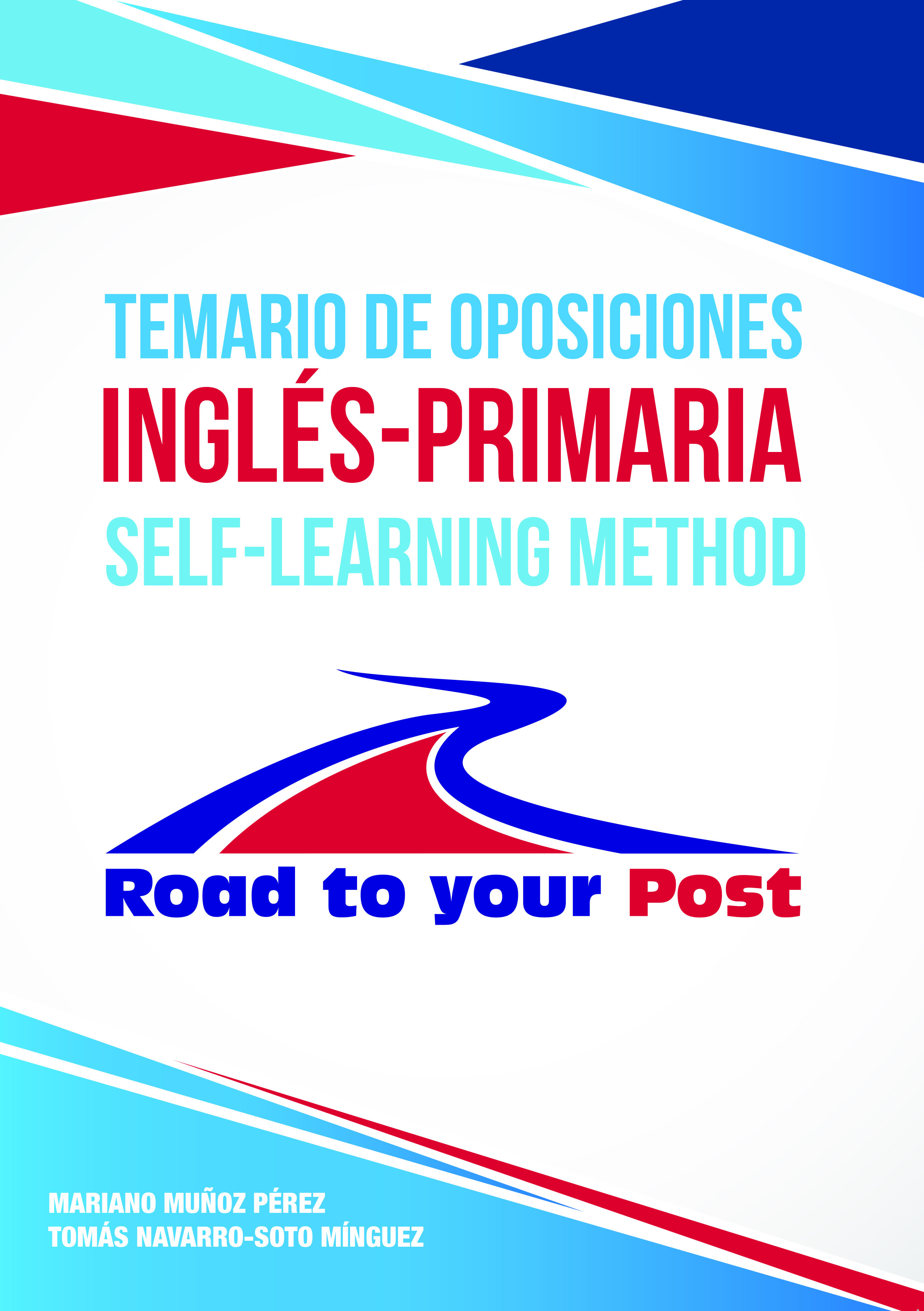Inquiry-Based Learning (source: Scott Crombie). Constructivism: the foundation of Inquiry-Based Learning.
Inquiry-Based Learning (source: Scott Crombie).
Follow us: https://www.facebook.com/OposicionesInglesRP/
More about Road to your Post: oposicionesingles.com
Inquiry-Based Learning (IBL) is not a new technique -in fact, it goes back to education philosopher John Dewey-but it does stand in contrast to the more structured, curriculum-centered framework of today`s school.
Asking questions is at the heart of inquiry-based learning. The goal is not to ask just any questions,
of course, but ones that kids honestly care about. Your role is to guide the kids in finding
the answers themselves and encourage them to ask new questions along the way.
Text extracted from: Método de resolución de casos prácticos. Self-learning method.

In this paper the concern for reading in the educational legislation together with some methodological considerations from the FL area have been analysed, to continue with some practical proposals which could be adapted to different levels and ages. This summarises the appropriate answer to the question under consideration in this practical case. Notwithstanding, I consider of utmost importance to remark the crucial factor of the role of the teacher to achieve the ambitious goal of developing a taste for reading. In real practice this may entail the teacher acting as a storyteller, clown, actor, organiser and promoter of reading events, such as treasure hunts or many others. After all, the most important job of a teacher shall always occur in the space of a motivating and encouraging classroom.”

IBL is related to Cognitivism and recent tendencies.
Text extracted from: Temario de oposiciones Inglés-Primaria. Self-learning method.

Constructivism.
The basic distinction between the previous learning theories and constructivism is that the latter views knowledge as a constructed entity, whilst behaviourism understood it as the passive, automatic responses to external stimuli; and cognitivism interpreted that knowledge was an abstract symbolic representation inside each individual.
Although there are varieties in the interpretation of constructivism, there seems to be an agreement about the nature of learning as a process of construction of meaning. An important implication of the constructivist view affects the teaching-learning process directly: If knowledge is constructed by every learner in the learning process, it cannot be transmitted from one person to another. Rather, learning is a search for meaning requiring personal interpretation. Thus, the constructivist learning approach leads teachers to the design of the curriculum around the experience of students within a learner centred methodology focused on the application of knowledge.
According to Lev Vygotsky, a Soviet psychologist, interaction is essential for learning to take place and human cognitive development is influenced by the culture in which individuals are immersed, teaching what and how to think. Vygotsky pointed out that children learn better when they are helped by adults; but for this instruction to be effective, it must be limited to a certain span which he called “Zone of Proximal Development” (ZPD). This ZPD can be defined as the gap between what a child is able to do without any help and what is too demanding to be attempted and thus is out of reach. Obviously, this framework designed by Vigotsky provides a valuable tool to devise adequate activities for the level of our students in the classroom setting, since there is not much sense in teaching above or below this level. However, the teacher will have to guide that learning starting from what the student is able to do, following a scaffolding strategy. This scaffolding technique requires that the teacher provides children with enough individualized support building on prior knowledge and the “whole picture” is divided into small interconnected pieces.



